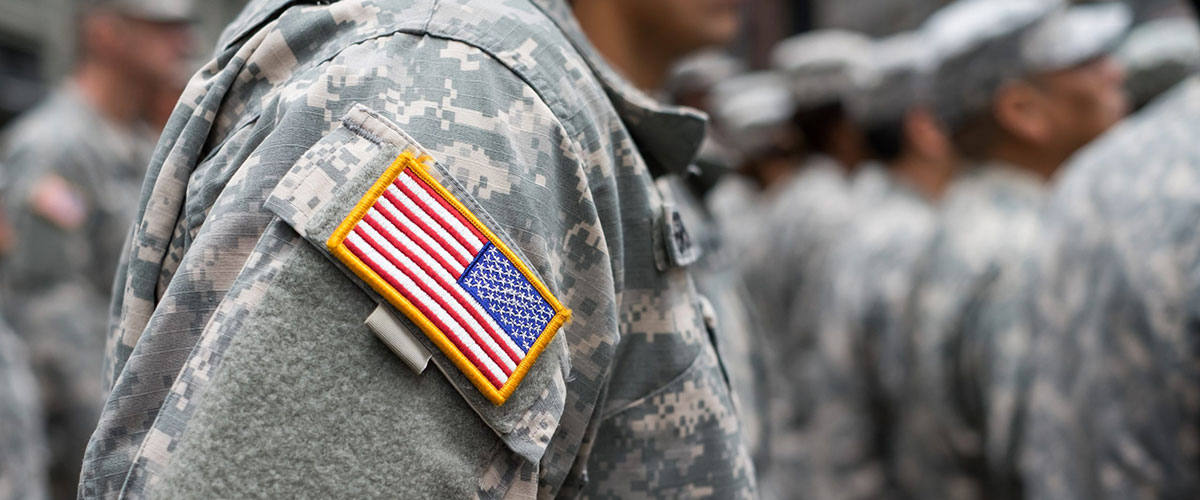The Challenge
An artificial intelligence (AI) software startup sought to break into the defense sector with a goal of equipping the U.S. armed forces with its predictive software to increase military readiness, which was a key priority for the then U.S. Secretary of Defense.
However, the company faced steep hurdles: a lack of awareness among public officials about the ability of–and urgent need for–AI to address military readiness; a byzantine and lethargic federal procurement process; and worst of all, the company’s fiercest competitors were already working with the armed services to outfit certain U.S. fleets with predictive software.
Our Approach
Our multilevel public affairs campaign hinged on influencing the public debate by generating awareness of and support for AI in defense-industry applications with reporters, elected officials and defense policy think tanks and fine-tuning and translating the company’s briefing pitch from “tech talk” to “bureaucrat speak.”
We devised a three-phase plan, starting with leveraging the company’s board members who had significant national security experience to make the case in the media for how AI can be used to increase military readiness and U.S. competitiveness. Our team pitched the leading defense and tech reporters covering federal policy to source our experts. Our outreach generated significant national news and trade coverage over the course of three months. Having helped to prime the national conversation, we placed company leaders at key roundtable events and thought leadership forums.
As the dialog around tech-supported military readiness grew, Congressional policy makers began to follow suit, with a series of floor speeches, roundtables, hearings and white papers on the issue.
We partnered with the company’s government affairs team to brief key committees, members and staff on how its expertise could increase the military’s readiness without new equipment procurement, which yielded taxpayer savings and a faster implementation. The Congressional briefings proved successful, in part because Congressional staff were already aware of the issue’s importance and need to act given the wave of media coverage in the months prior, and it netted several congressional champions who urged faster approval of multiple pilots of AI software to increase military readiness.
Proven Results
In just three months after initiating our strategy, the U.S. Department of Defense awarded the company with a seven-figure contract to install its AI software on one of the service branch’s vehicle fleets to increase readiness. After the award was made, we worked with defense officials to announce the news in an exclusive in the Washington Post, which generated subsequent national and trade coverage and contributed to additional sales leads. A second branch of the military is now working with the company using its AI to increase readiness on some of its vehicles.



